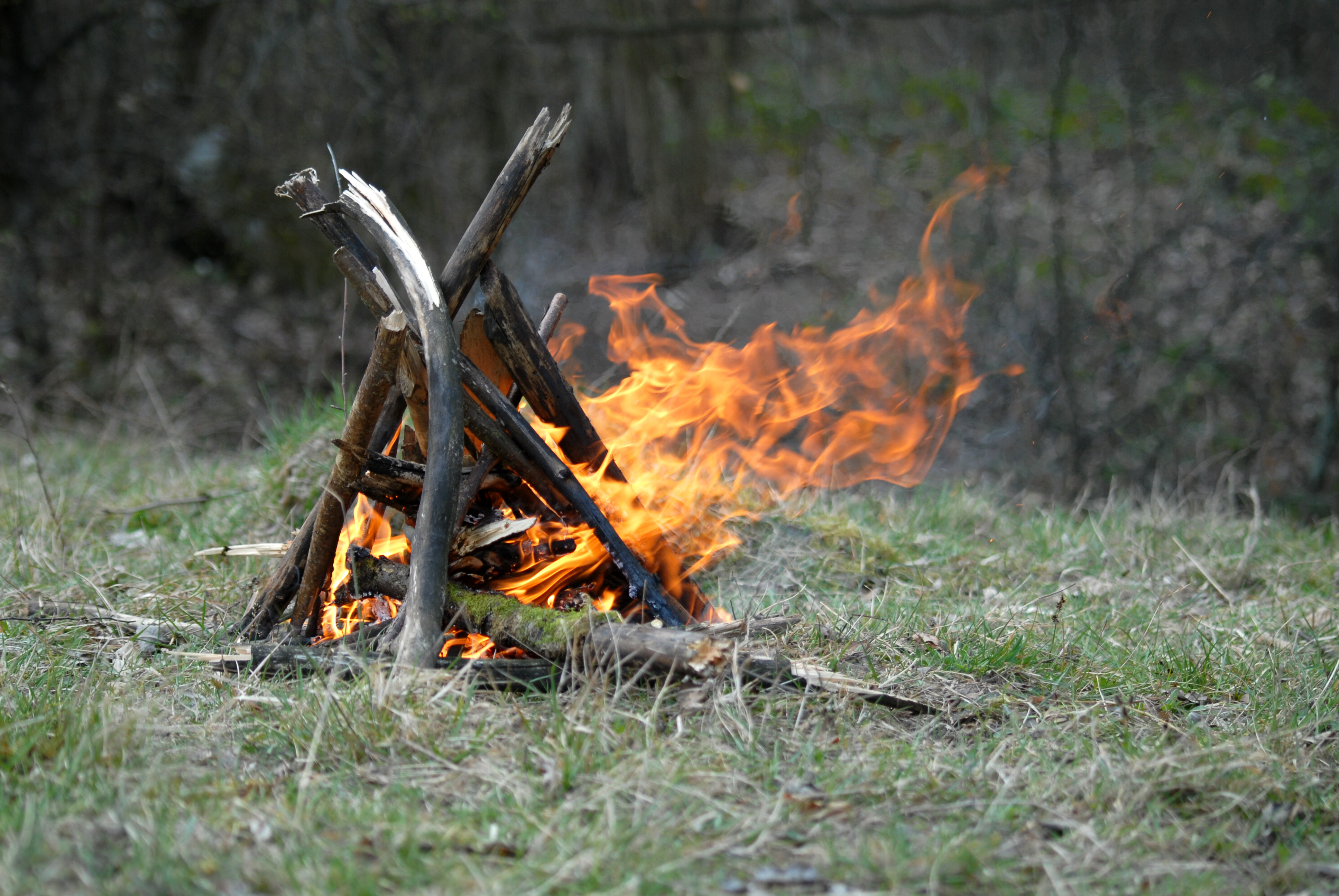Every story – be it a mystery or a YA or woman’s fiction – begins with a spark, an idea that ignites an author’s imagination. Fanning that spark into a full-blown novel requires the patience to pursue the idea to see if it flames into something vibrant. Or will your initial idea be smothered under the full weight of a story – theme, plot, character development, spiritual thread?
Mulling over concepts for my novels always begins with two key elements: a familiar topic and the question “What if?” For me, it’s the mental equivalent of rubbing two sticks together to create literary fire.
For my 2014 novel, Somebody Like You, I started off by focusing on a subject I’ve long wanted to write about: twins. I have a fraternal twin sister. Growing up, we looked nothing alike – she had dark hair and dark eyes and I was a tow-headed blond with hazel eyes. Identical or not, I do understand the dynamics of twins.
Next, I tossed the topic of twins up against the question “What if?” and that led to several days of mulling. My author internal dialogue went something like this:
What if I wrote a book about twins?
A lot of novels about twins are historical romances – and I write contemporary romance.
A lot of historical romance novels about twins have to do with twin sisters … and somehow one of the sisters changes places with the other sister.
Okay, so besides being set in contemporary times, I’ll mix it up and write about twin brothers.
What other topics or issues am I familiar with?
The military. (My husband was in the military for 24 years. I always identified myself as the civilian along for the ride.)
The military is a good topic – one that interests a wide range of readers. Okay. I could weave in a military angle.
What if … what if … what if …
What if a woman’s husband is a soldier killed in Afghanistan?
What if after he dies, his identical twin brother shows up – a brother she knows nothing about?
And after mulling and praying and rubbing those two mental sticks together, I developed this pitch for my editors: Can a young widow fall in love with her husband’s reflection?
That single sentence reflected the sparks for my story: twins and the military. But it wasn’t the complete story. I had to fan the question so that it grew into an entire contemporary romance novel, including a young woman who was widowed when her army medic husband was killed in Afghanistan and twin brothers who were estranged for twelve years. Just as you carefully build a fire so you don’t bury the beginnings of the flames you’ve kindled, I had to structure my novel so it allowed the story to expand in a natural, real way – instead of smothering it.
Igniting a story spark is more of a controlled burn than a raging wildfire. As a writer, I’m wise to work within the boundaries of good storytelling. I want to discover a spark – a compelling idea – and then craft a book that will engage readers’ minds and hearts. Doing so takes time, careful effort, and attention to detail. I have to keep my focus on the fire – control it, without suffocating the heat, the passion – and convey all of power on the page.
What idea — personal interest or life experience — can you use to spark a story?
